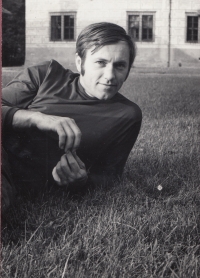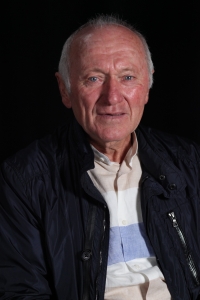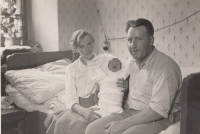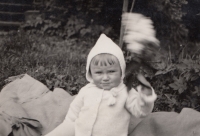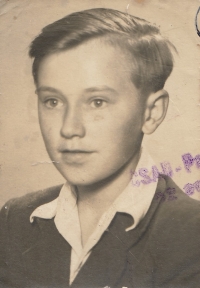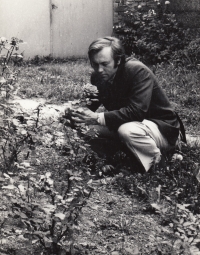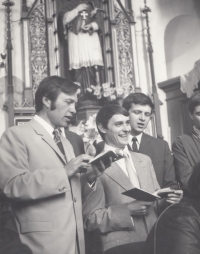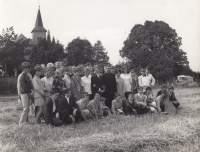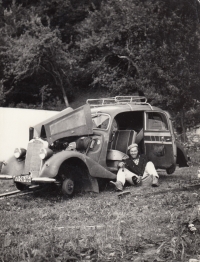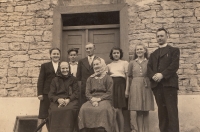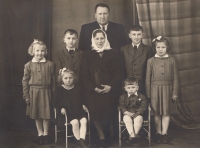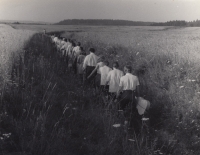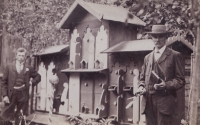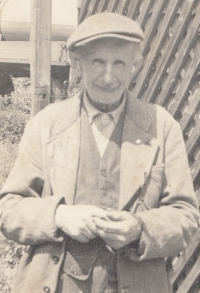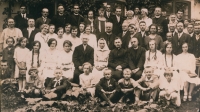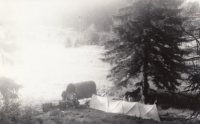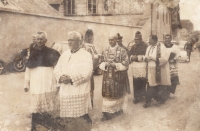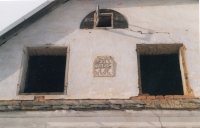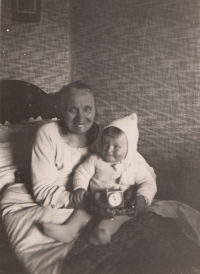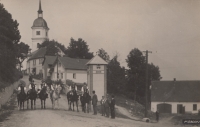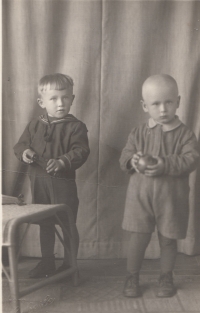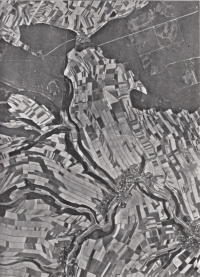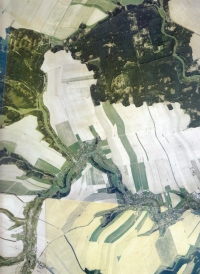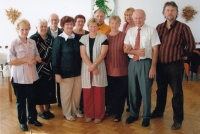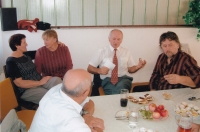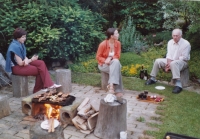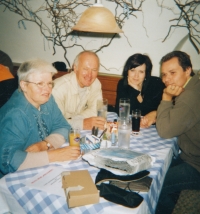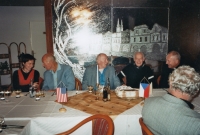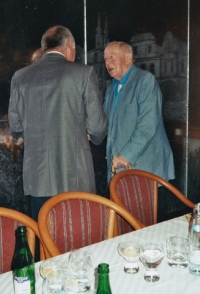I consider the post-war withdrawal of Germans a great injustice
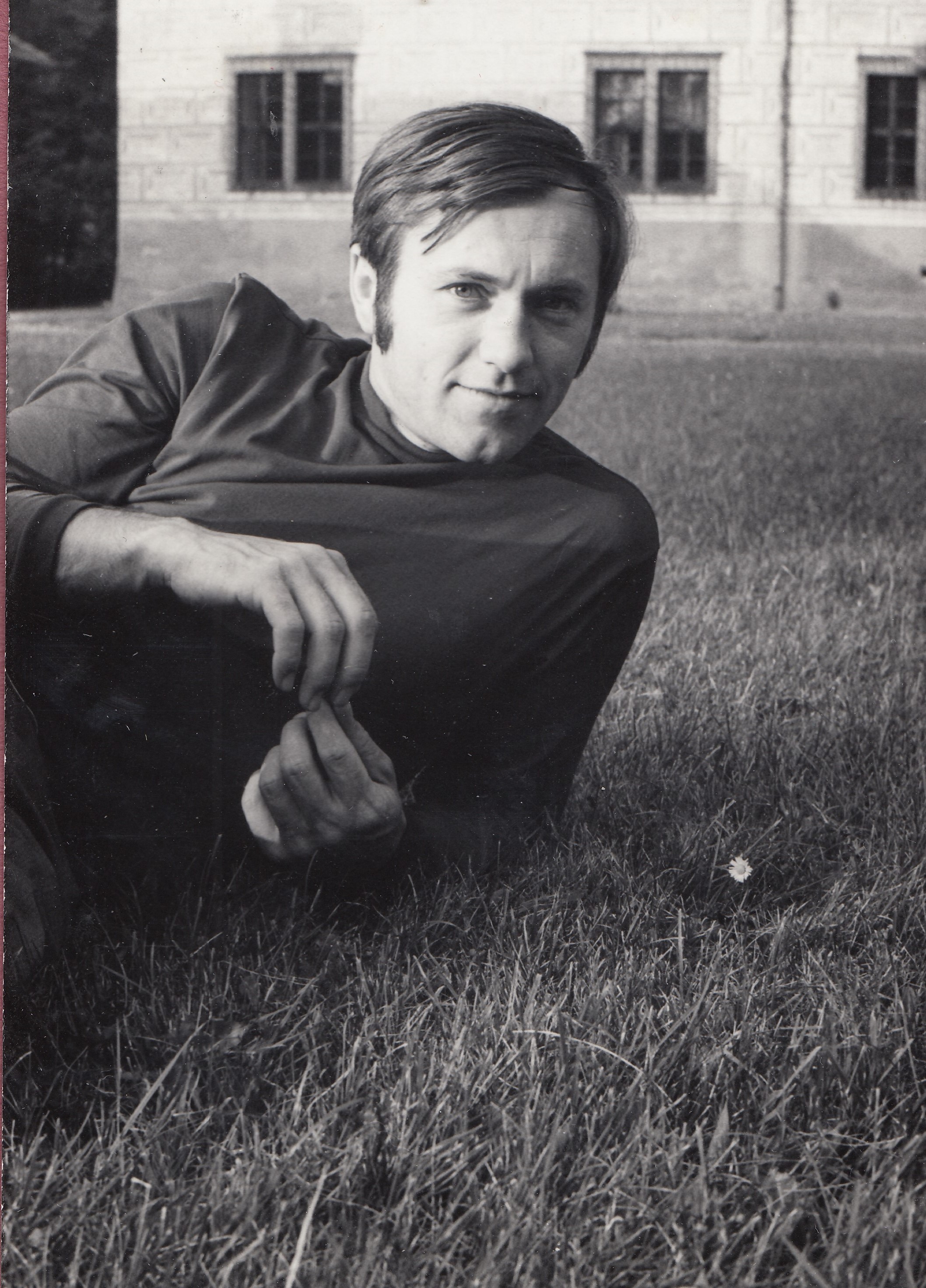
Download image
Antonín Hurych was born on July 13, 1943, in Makov as the first son of Mr and Mrs Hurych, and six more of his siblings were born later. The parents farmed on two farms, and together with the father’s brothers, they cultivated 40 hectares of land. After much pressure on their father, they joined the agricultural cooperative in 1956. The Hurychs were strongly religious and attended church in Morašice and Makov. One of the father’s brothers, Josef, was a parish priest in Brandýs nad Orlicí. Antonín Hurych graduated from the Litomyšl grammar school and then the University of Agriculture in Prague. After his military service, he joined a state farm in Čistá, and after another two years, he started working as an agronomist in the agricultural cooperative in Chmelík. He was involved in saving the dilapidated church and repairing chapels around Chmelík. With his research activity, he attempts to rescue the continuity of the region, from which German residents had to leave after the war. In 2020, he lived with his family in Chmelík.
